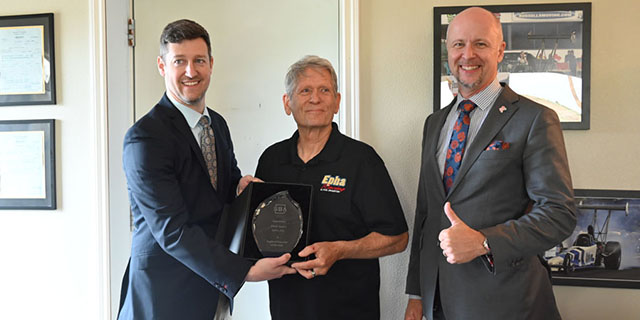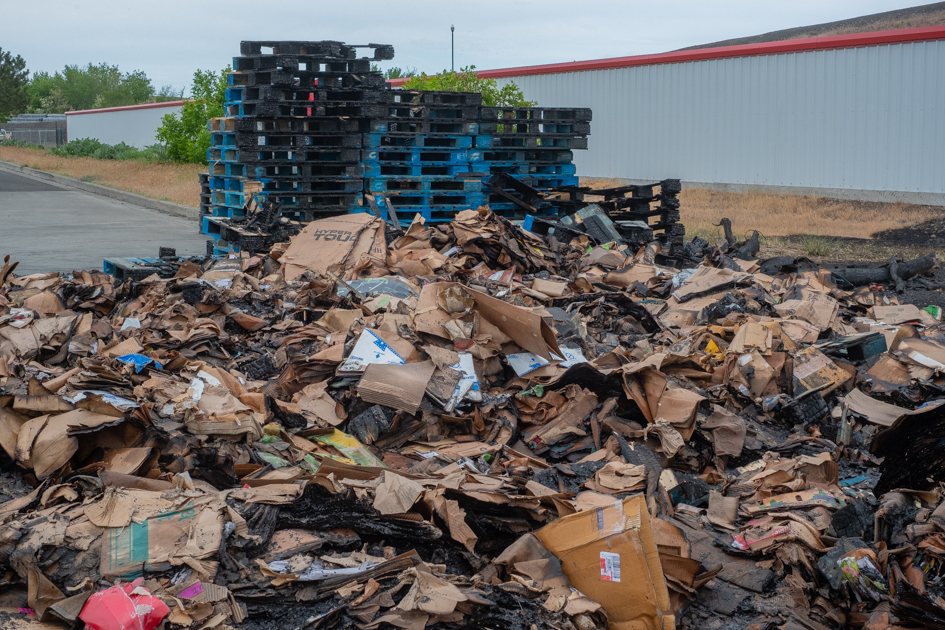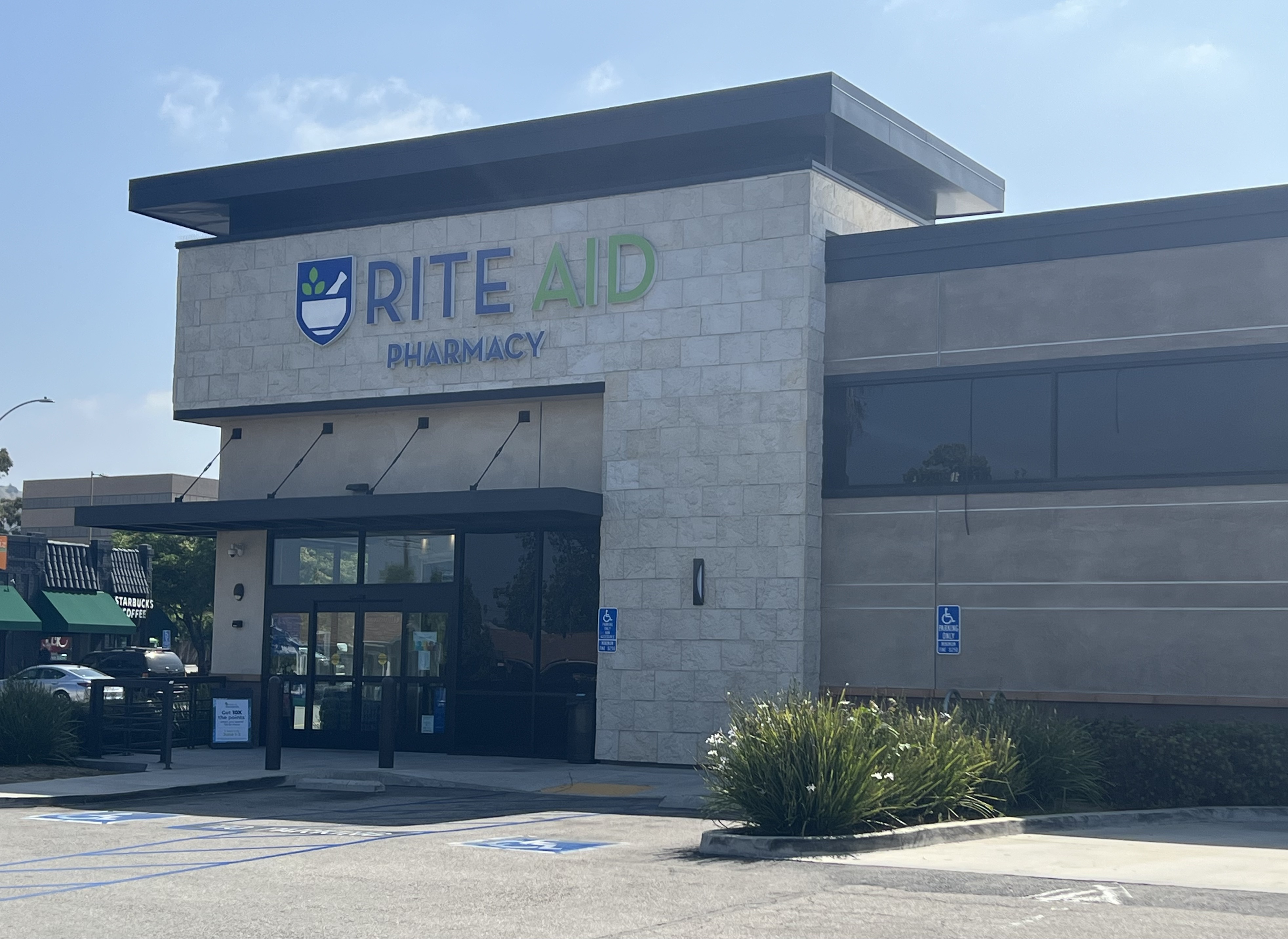From here to anywhere: Treat another’s story with the dignity it deserves
Published 6:00 am Saturday, July 17, 2021

- Bette Husted
Good news: With health precautions in place, we’ve returned to in-person readings at Pendleton Center for the Arts First Draft Writers’ Series. This week we heard Portland poet John Morrison, and on Thursday, Aug. 19, at 7 p.m. we’ll welcome Sierra Crane Murdoch with her book “Yellow Bird: Oil, Murder, and a Woman’s Search for Justice in Indian Country,” which was named one of the best books of 2020 by The New York Times, NPR, Amazon, and Publisher’s Weekly, won the Sarah Winnemucca Oregon Book Award in creative nonfiction, and was a finalist for the Pulitzer Prize.
Murdoch, whose work as a journalist focuses on concerns of communities in the American West, had been reporting on the Bakken oil boom in North Dakota and its impact on the Mandan Hidatsa Arikara Nation since 2011. Her book follows an Arikara woman, Lissa Yellow Bird, as she searches for Kristopher “KC” Clarke, a young white oil worker who went missing from the Fort Berthold reservation — it’s the opposite of a “white savior” story.
Following the events in this book, Lissa Yellow Bird has helped search for dozens of missing Indigenous men and women and has been invited to speak at conferences all over the country about the high disappearance rates of Native people.
You can listen to Sierra Murdoch’s NPR interview on her website, and I hope you’ll find time to watch her video discussion with Ojibway writer David Treuer there, too. “I’ve long felt that Native communities are perceived (by Native and non-Native people alike) as places in America but not of America,” he has written. “Murdoch troubles this false separation and helps us understand Yellow Bird and Clarke, and by extension Native and non-Native lives, as deeply intertwined. We also see the nervous mixture of hope and desperation, of compassion and cruelty, of money and its lack, of the desperate grasp of wealth and the human cost it exacts. Yellow Bird’s fanatical but dignified search brought closure to Clarke’s family and change to Fort Berthold. In her telling of the story, Murdoch brings the same fanaticism and dignity to the search for and meaning of modern Native America.”
But why let a white woman write about you? some of Lissa’s friends wondered. Sierra Murdoch, of course, had her own qualms. Despite the deep friendship that had grown between Lissa and herself — and Lissa’s dismissal of any concerns — she knew it was a major question. Who has a right to tell whose story? She was well aware of the legacy of white writers whose interpretation of Native cultures has done great damage to Native people and to our country. And she knew that readers who have never met a Native woman might think, having read this book, they now understand them, that every Native woman is like Lissa.
In the end, Murdoch said, she shared every draft with Lissa and with Lissa’s daughter, mother and grandmother, all of whom not only corrected her errors but helped her see the book’s weaknesses and encouraged her not to withhold difficult material but to go deeper.
I’m grateful that Annie Smith offered similar help with drafts of my novel “All Coyote’s Children,” a story about contemporary whites and Natives on the Umatilla reservation. David Treuer, too, asked those he’d interviewed for “The Heartbeat of Wounded Knee: Native America from 1890 to the Present” to be his first readers and to make any changes they wanted, including not being part of the book at all. After all, he says, he can speak of but not for any tribe, including his own.
Although journalists usually don’t write in first person, Murdoch decided to put herself in her book — to let readers know that she was the one who heard the story and was telling it, sharing her own limitations. “But also,” she writes, “it felt honest … in the years we would share together, [Lissa] would influence my life and I, hers. I wrote ‘Yellow Bird’ at the collision point of two communities — one Native, the other not. As a white writer drawn into the fray, I was a part of that story.”
As Lissa Yellow Bird told her, “You just kept coming back.”





